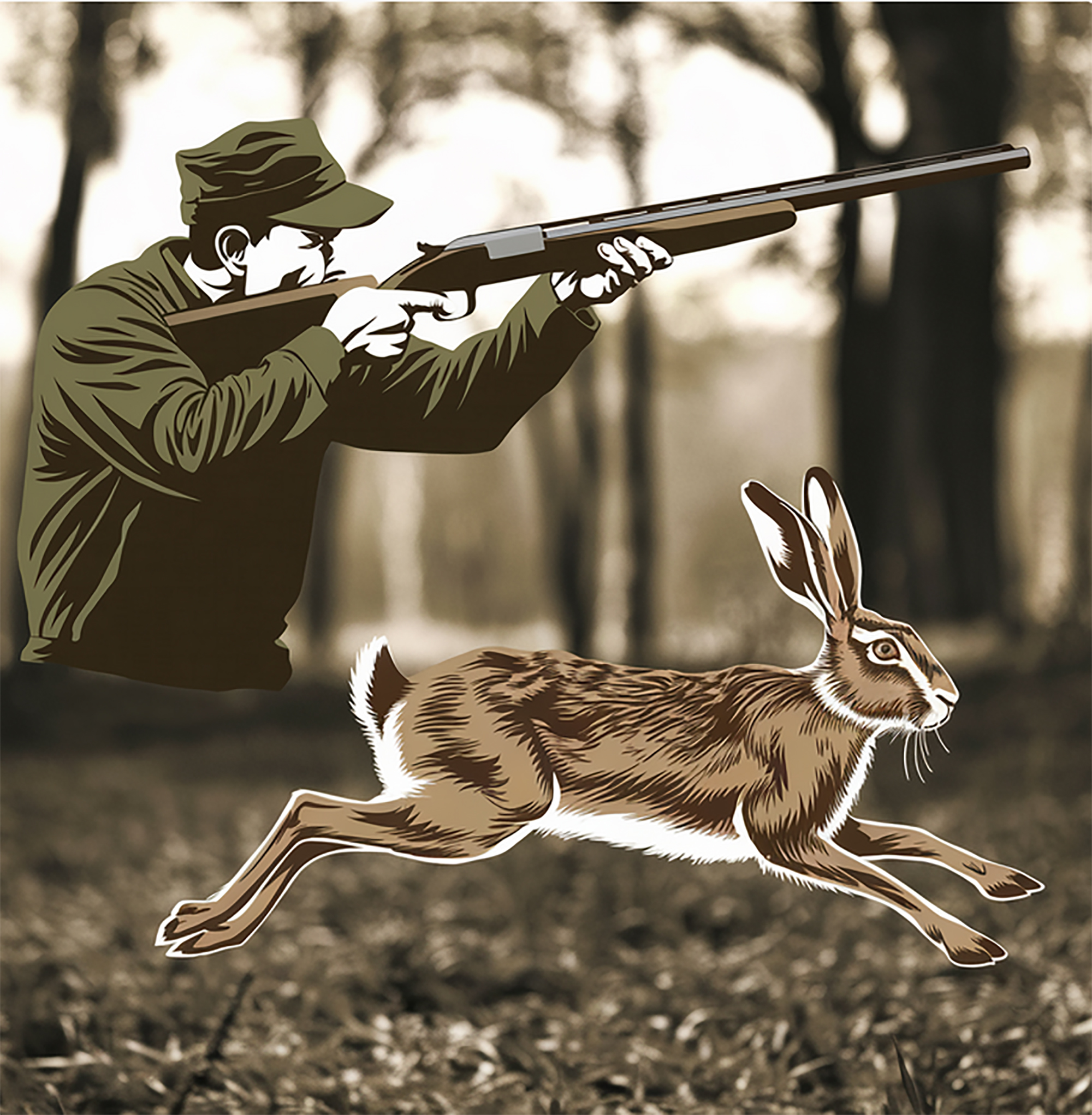The Western Cape is not where you’d normally expect to find a trophy hunter, so presumably most of the creatures CapeNature sanctions to hunt are for biltong or the pot.
So it makes sense that — before setting next year’s bag limits — springbok, impala, bushbuck, kudu, warthog (maybe even nyala and eland) and a range of tasty game birds are being put forward for discussion.
Adding blue wildebeest, zebra and gemsbok is a little more puzzling — floor mats maybe? Perhaps the range of doves, pigeons, dassies, hares and vervet monkeys are for training up the younger generation.
However, although they’re a potential problem to farmers, the right to shoot 3,600 baboons, 365 caracals and 365 jackals seems to verge on vengeance. In allowing the unregulated and unmonitored killing of 3,650 black wildebeest, CapeNature appears to be ignoring the regulations for threatened or protected species.
All bag limits are presently being reviewed by CapeNature and its conclusion will be posted in the Western Cape Provincial Government Gazette around December.
In its submission to the call for responses, the Humane Society International/Africa called for black wildebeest to be removed from the list. It also questioned how bag limits could be set for vervet monkeys, baboons, rock dassies, hares, caracals and black-backed jackals, which are generally not owned, difficult to count and for which there is no scientific monitoring. It has requested a zero quota for these species.
Allowing the hunting of scrub hares is a particular problem because they closely resemble riverine rabbits, which are critically endangered, and they are hard to tell apart.
In making the assessments, Deon Hignett of CapeNature considers all the boxes to have been ticked.
“We base the assessment on a host of available science at the time,” he said, “which will include our own State of Biodiversity Reports read with existing external data and assessments. External sources include Red List assessments, BirdLife, Southern African Bird Atlas Project, Non-Detriment Findings and the Biodiversity Plan.”
The matter of wellbeing
There is, however, an upcoming problem that’s about to play out in court and which might throw some shadows on potential bag limits.
In 2023, President Cyril Ramaphosa signed into effect the National Environmental Management Laws Amendment Act, 2022 which introduced into legislation the concept of animal wellbeing and required consideration of this when making management, conservation and sustainable use decisions.
In its decision about bag limits, these welfare considerations apply to CapeNature. Wellbeing is defined in the legislation as “the holistic circumstances and conditions of an animal, which are conducive to its physical, physiological and mental health and quality of life, including the ability to cope with its environment”.
In 2020, the high-level panel on lions, rhinos, elephants and leopards unanimously recommended integrating welfare and wellbeing into conservation and sustainable use policy.
This approach was further enshrined in the subsequent White Paper on the Conservation and Sustainable Use of South Africa’s Biodiversity (2023) and the Policy Position on the Conservation and Sustainable Use of Elephant, Lion, Leopard and Rhinoceros (2024).
The inclusion of wellbeing into legislation is being challenged in the Constitutional Court by the SA Hunters and Game Conservation Association. It claims its inclusion could be used as an excuse to stop sustainable use practices, such as responsible hunting. The outcome of the case could have a bearing on CapeNature’s bag limits.
Read more: Hunters’ association fires first salvo at state law legislating ‘wellbeing’ considerations of wild animals
The Humane Society’s position is that insufficient information has been provided by CapeNature to allow a full and proper engagement by the public with the proposed off-take quotas.
“The sport hunting notice should be immediately withdrawn,” it says, “and only considered for revision once all of the necessary legislative requirements have been met and the scientific findings and reporting on previous hunting years which underpin the sport hunting notice have been made available to the public.” DM





